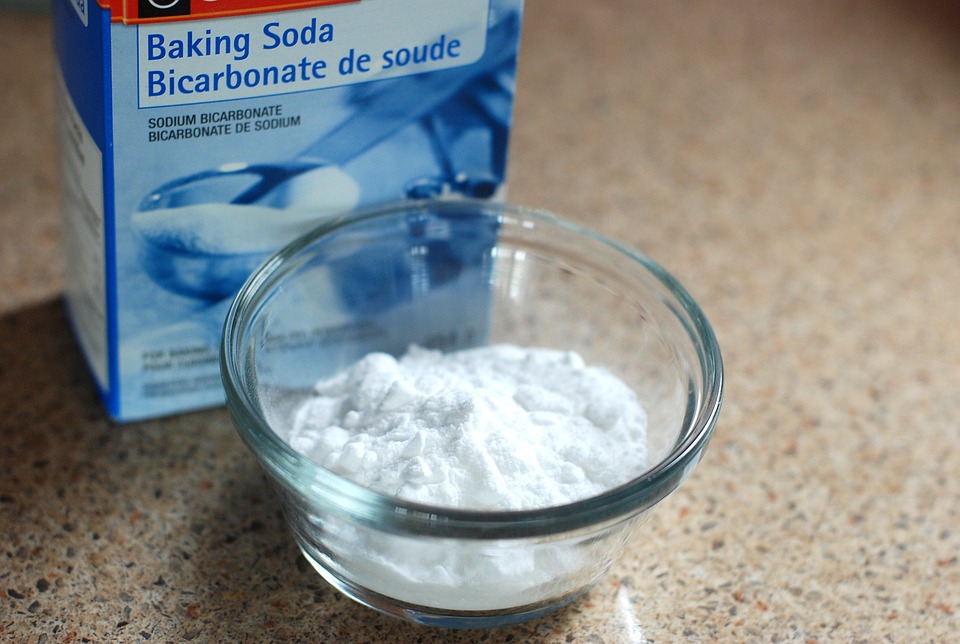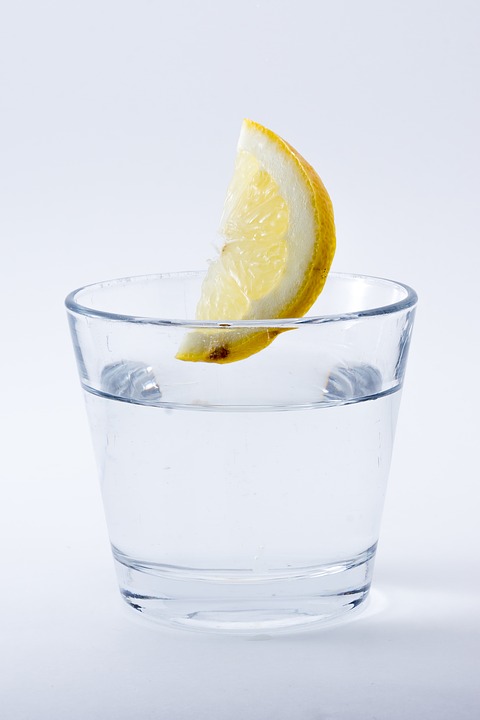The kidneys filter your blood and take out harmful waste and toxins. They also pull extra fluids out of your body and flush all of this out as urine. Kidney disease prevents the kidneys from cleaning out your blood and the toxins can build up in your body causing illness.
Kidney disease doesn't happen overnight, but slowly over a period of time. It occurs when the filters in the kidneys become damaged and cease to function. You have millions of these filters and healthy ones can take over cleaning your blood. The ones that ceased to function are gone forever. This means it is important to treat kidney disease early on to prevent further damage.
This article will help you understand about kidney disease and if it can be reversed. There is also helpful information on how it can be treated to prevent further damage to the kidneys.

Can You Reverse Kidney Disease?
Kidney disease cannot be reversed or cured, the damage to the kidneys that caused kidney disease is permanent. But if caught in the early stages, it can be treated, measures can be taken to slow the rate of progression and the life of the kidneys can be prolonged.
Kidney disease goes by stages and if treated early on, you may be able to stop the progression or slow it down. In the later stages, kidney disease is considered chronic or even "end stage" and at some point will need dialysis to take over the work of the kidneys.
The stages are:
- Stage 1 - People with stage 1 kidney disease most likely don't even know they have it. There are no symptoms and most of the lab tests are normal.
- Stage 2 - In stage 2 kidney disease, it is considered "mild" and the labs are only slightly abnormal.
Stage 1 and 2 are the best time to treat kidney disease and it can be stopped if aggressive measures are taken. However, these stages do mean that some irreversible damage has occurred, yet the kidneys are still healthy enough to work on their own.
- Stage 3 - By the time you reach Stage 3, your kidneys are said to have "moderate" dysfunction. While some people can be at this stage without kidney disease (elderly adults), if you do have kidney disease this is the last chance to save kidney function before they begin to fail.
- Stage 4 - Stage 4 is very severe kidney disease with a drastic reduction in how the kidneys function. This stage is just before kidney failure and at this time there is little chance of reversal.
- Stage 5 - Can you reverse kidney disease after Stage 5 has begun? This is known as "end-stage-kidney-failure" and there is no chance of recovery. People with ESRD (end stage renal disease) must go on dialysis to remove wastes from their blood. The kidney filters are permanently damaged and no longer work.
What Can Be Done to Help?
Can you reverse kidney disease in Stage 1 or 2? It may not be reversible, but your primary care doctor can treat your kidney disease. Mild kidney disease is treated by:
- Treating any conditions that cause kidney disease i.e. diabetes, hypertension
- Reducing the use of medications that can harm the kidneys i.e. anti-inflammatories
- Encouraging smoking cessation
- Controlling cholesterol
- Reducing alcohol intake
- ACE inhibitor blood pressure medications to control protein in urine
The following natural treatments have some promising results in preventing loss of kidney function. Remember to check with your doctor before using them. They may also help slow the progression of irreversible kidney disease:
1. Mineral Clay

Kidney disease can cause your phosphate levels to rise. This can cause your electrolytes to drop and decreases your kidney's ability to keep up with the excessive amounts of phosphates. Using mineral clay may help to reduce the phosphate build-up and take strain off the kidneys. Mineral clay has shown in studies to be as effective as prescription phosphate binders and has fewer incidences of side effects.
2. Sodium Bicarbonate

Sodium bicarbonate has been shown in studies to reduce and slow the progression of kidney disease. This product that is in everyone's kitchen and readily available may actually reduce the risk of people with kidney disease going on dialysis.
Your kidneys help keep your pH balance stable. When you have too much acid in your body, the kidneys release natural bicarbonate to reduce the acidity. When your body is alkaline, the kidneys let go of bicarbonate in your urine. Keeping a good acid-base balance in your blood can help prevent further kidney damage and damage to other organs.
3. Kidney Diet



Going on a diet that is "kidney friendly" may help slow the progression of kidney disease. This includes:
- Eat vegetables like broccoli, cucumber, celery, yellow squash, zucchini, and peppers.
- Avoid vegetables like avocados, tomato, pumpkin, spinach, and potatoes.
- Watch your protein intake. Protein can lead to toxic conditions in the body. Keep servings to 2 to 3 ounces per serving.
- Avoid excess unhealthy fats.




- Try fruits like watermelon, grapes, cherries, apples, pineapples, and pears.
- Avoid fruits like dry fruit, oranges, cantelope, raisins, honeydew, and prunes.
- Lower your salt intake.
- Easy on the dairy products, they are high in phosphorus.
- Easy on the fluids. Ask your doctor for any fluid restriction amounts. This prevents strain on the kidneys.
Can you reverse kidney disease using the above steps? You may be able to heal from early Stage 1 and 2 kidney disease, but it isn't reversible. End-Stage-Renal-Disease at Stage 4 and 5 is a terminal and lifelong disease. If the above actions are not taken, kidney disease can progress and lead to dialysis. However, the above treatments and dietary changes can help reduce symptoms during ESRD.
